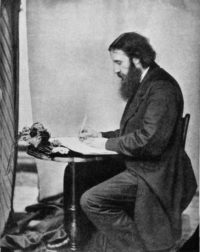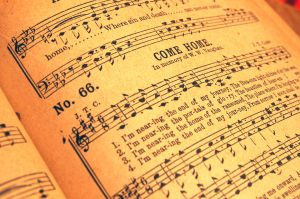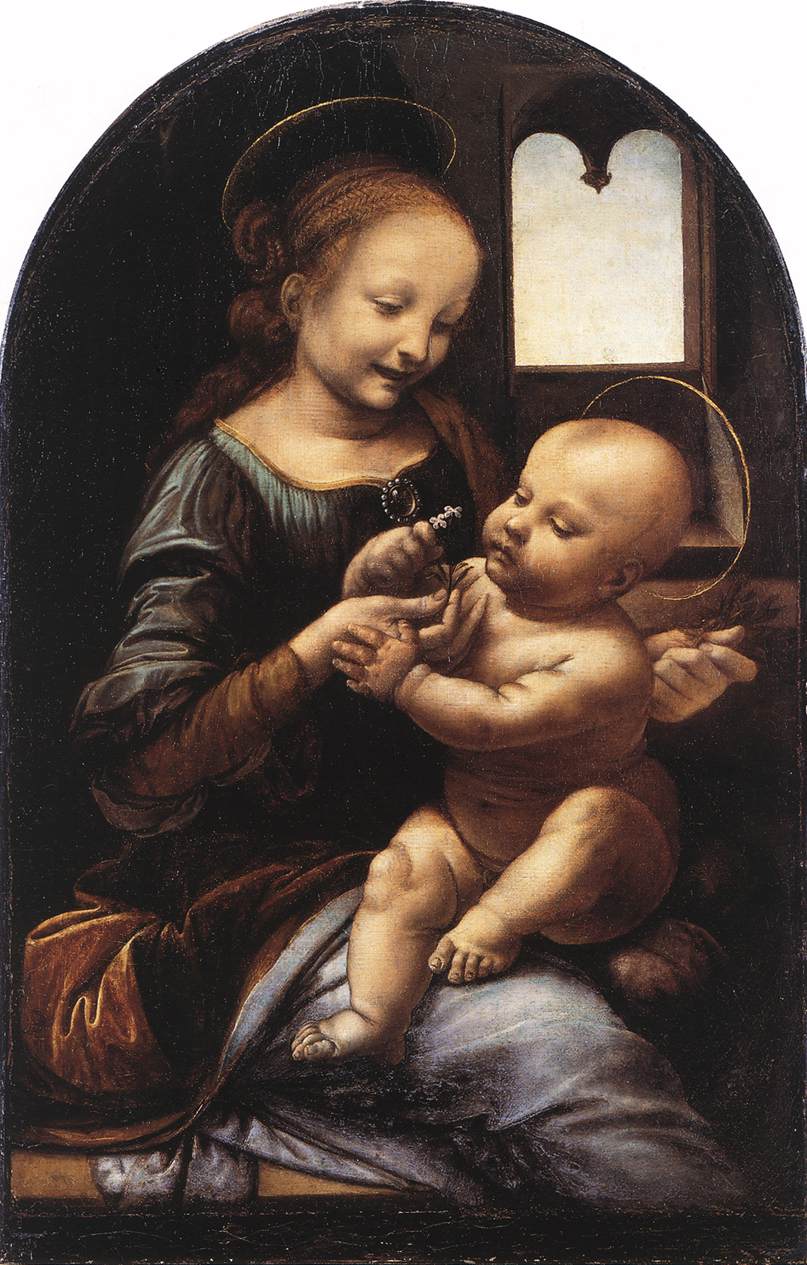The Time of No Room (Excerpt)
As I mentioned in my previous post, here is the beginning section of Thomas Merton’s “The Time of No Room.” The rest of the essay can be found elsewhere on the internet, but this opening section appeared in the book of Advent readings that introduced me to the piece as a whole. It represents a unique perspective because it suggests that Christ simply could not be born anywhere but in the margins. The stable, not the inn, was God’s Plan A.
I love this. It underscores my reason for choosing “Marginal” as my one little word for 2019. Sometimes the margins, not center stage, represent the places of greatest possibility and meaning.
So there was no room at the inn? True! But that is simply mentioned in passing, in a matter-of-fact sort of way, as the Evangelist points to what he really means us to see – the picture of pure peace, pure joy: “She wrapped her firstborn Son in swaddling clothes and laid him in a manger” (Luke 2:7). By now we know it well, and yet we might still be questioning it – except that a reason was given for an act that might otherwise have seemed strange: “There was no room for them at the inn.” Well, then, they obviously found some other place!
But when we read the Gospels and come to know them thoroughly, we realize there are other reasons why it was necessary that there be no room at the inn, and why there had to be some other place. In fact, the inn was the last place in the world for the birth of the Lord.
The Evangelists, preparing for the announcement of the birth of the Lord, remind us that the fullness of time has come. Now is the time of final decision, the time of mercy, “the acceptable time,” the time of settlement, the time of the end. It is the time of repentance, the time for the fulfillment of all promises, for the Promised One has come. But with the coming of the end, a great bustle and business begins to shake the nations of the world. The time of the end is the time of massed armies, “wars and rumors of wars.” Of huge crowds moving this way and that, of men “withering away for fear,” of flaming cities and sinking fleets, of smoking lands laid waste, of technicians planning grandiose acts of destruction. The time of the end is the time of the Crowd: and the eschatological message is spoken in a world where, precisely because of the vast indefinite roar of armies on the move and restlessness of turbulent mobs, the message can be heard only with difficulty. Yet it is heard by those who are aware of the display of power, of hubris (power) and destruction is part of the kerygma (message). That which is to be judged announces itself, introduces itself by its sinister and arrogant claim to absolute power. Thus it is identified, and those who decide in favor of this claim are numbered, marked with the sign of power, aligned with power, and destroyed with it.
Why then was the inn crowded? Because of the census, the eschatological massing of the “whole world” in centers of registration, to be numbered, to be identified with the structure of imperial power. The purpose of the census: to discover those who were to be taxed. To find out those who were eligible for service in the armies of the empire.
The Bible had not been friendly to a census in the days when God was ruler of Israel (2 Samuel 24). The numbering of the people of God by an alien emperor and their full consent to it was itself an eschatological sign, preparing those who could understand it to meet judgment with repentance. After all, in the Apocalyptic literature of the Bible, this “summoning together” or convocation of the powers of the earth to do battle is the great sign of “the end.”
It was therefore impossible that the Word should lose himself by being born into shapeless and passive mass. He had indeed emptied himself, taken the form of God’s servant, man. But he did not empty himself to the point of becoming mass man, faceless man. It was therefore right that there should be no room for him in a crowd that had been called together as an eschatological sign. His being born outside that crowd is even more of a sign. That there is no room for him is a sign of the end.
Nor are the tidings of great joy announced in the crowded inn. In the massed crowd there are always new tidings of joy and disaster. Where each new announcement is the greatest of announcements, where every day’s disaster is beyond compare, every day’s danger demands the ultimate sacrifice, all news and all judgment is reduced to zero. News becomes merely a new noise in the mind, briefly replacing the noise that went before it and yielding to the noise that comes after it, so that eventually everything blends into the same monotonous and meaningless rumor. News? There is so much news that there is no room left for true tidings, the “Good News,” the Great Joy.
Hence the Great Joy is announced, after all, in silence, loneliness and darkness, to shepherds “living in the fields” or “living in the countryside” and apparently unmoved by the rumors or massed crowds. These are the remnant of the desert-dwellers, the nomads, the true Israel.
Even though “the whole world” is ordered to be inscribed, they do not seem to be affected. Doubtless they have registered, as Joseph and Mary will register, but they remain outside the agitation, and untouched by the vast movement, the massing of hundreds and thousands of people everywhere in the towns and cities.
They are therefore quite otherwise signed. They are designated, surrounded by a great light, they receive the message of the Great Joy, and they believe it with joy. They see the Shekinah over them, recognize themselves for what they are. They are the remnant, the people of no account, who are therefore chosen – the anawim. And they obey the light. Nor was anything else asked of them.
They go and see not a prophet, not a spirit, but the Flesh in which the glory of the Lord will be revealed and by which all men will be delivered from the power that is in the world, the power that seeks to destroy the world because the world is God’s creation, the power that mimics creation, and in doing so, pillages and exhaust the resources of a bounteous God-given earth.
We live in the time of no room, which is the time of the end. . .
The essay continues. You can search “The Time of No Room by Thomas Merton” and pick up the rest of it elsewhere online.



